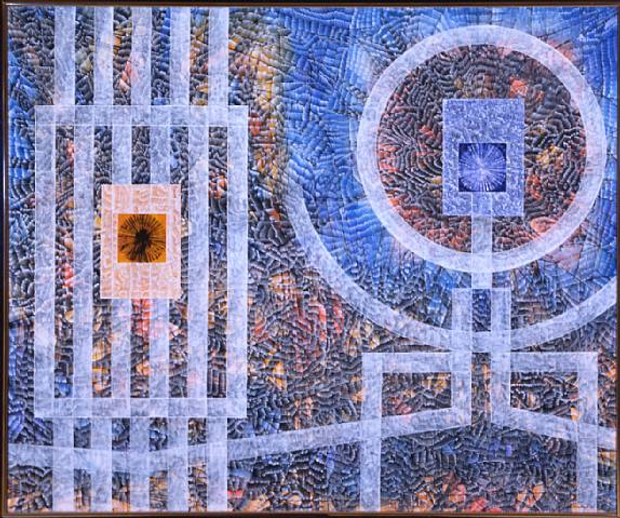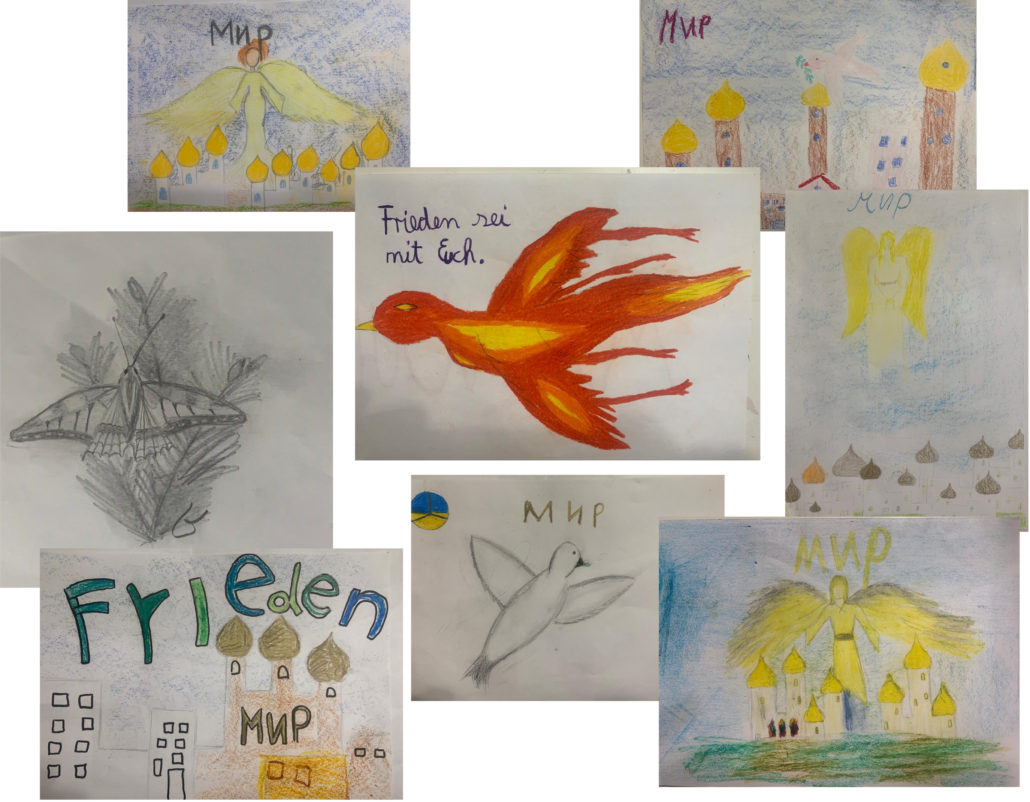Update from Rev. Tatiana Nechytailo, Ukraine
Update from Rev. Tatiana Nechytailo, Ukraine
Dear friends,
First of all I want to thank all of you who keep writing, asking, helping and praying with and for us. At the moment, life is happening completely in the present. There are no plans in the conventional sense. On one day, when I thought that it was no longer dangerous Kyiv was bombed again. Again, houses in the city center were hit, again there were dead. For us humans it is important to be able to plan, but planning is now in the category of “luxury”. There are children in the Waldorf school “Sophia”, who can’t go to school because there is always a danger that Kyiv will be bombed, and after the recent events we know it can hit a school, a hospital or a church.
But there is also the other side – being present means always being in relationship with Christ. Never before have I experienced such a strong and deep connection with the spiritual world. He helps us, He is always there, He works with us. This is also felt by the people in the community. In Kyiv, not many people come to the parish at the moment, but they come quite faithfully to the human ordination ceremony and help with all questions.
Our life in the parish has changed a lot. Although we cannot plan, every now and then, after the Act of Consecration of Man, deep conversations arise. I celebrate every day, including three times a week in the parish. We don’t have many altar servers and decided it could be three times a week. Any more would be too much for the altar servers. Every Saturday we have a human consecration service for the deceased. We deal with the biography of these people and share their fates. Every Saturday there is also in this circle of deceased a known person. The war is very close, many men – fathers, sons, brothers – from the school are in the war. Some have already crossed the threshold.
Every person in the community is helping as a volunteer. There is a small bakery, they bake bread for people in the suburbs of Kyiv, where everything is ruined. Some people go to these suburbs every morning and help clean up. It is a terrible job. But this is “a minimum we can do for these people.”
There is a great spiritual longing for understanding – where is the root of this situation, what is our future. We work with history and first try to describe all the phenomena, then to understand them a little bit. To this I want to say that we are offended by the reflections and descriptions of many anthroposophists and Waldorf teachers who understand the situation as “tension between Amerika and Russia”. You are cordially invited to Kyiv and I can lead an enlightening execution myself. Do not forget!
As I conclude, I want to write a request. At the moment there are many people in Kyiv without work and without knowing what awaits us. We get quite a lot of help, but for mental health it is important to work and to know that the work needs someone. My community is very talented, there are many women and men who make beautiful things. If some communities offer and sell our works – it would be beautiful and very healthy. People want to work, just taking money is very hard. If someone can imagine helping make this possible, please write me directly (or use admin@thechristiancommunity.org).
With warm regards and great gratitude,
Rev. Tatiana Nechytailo
Note: This has been edited in very small ways to accommodate translation differences. The original can be seen here.

 From the North American Seminary:
From the North American Seminary: